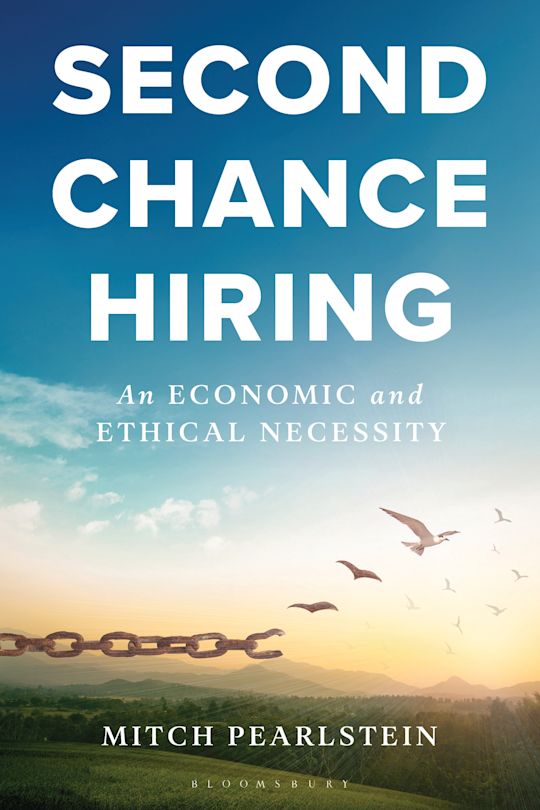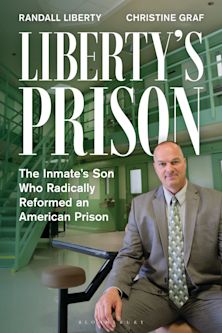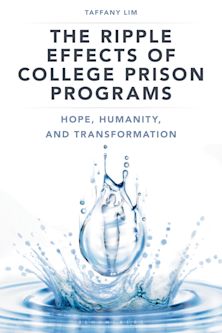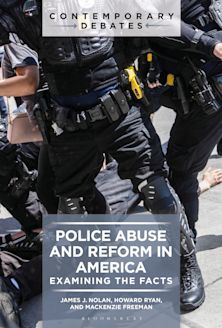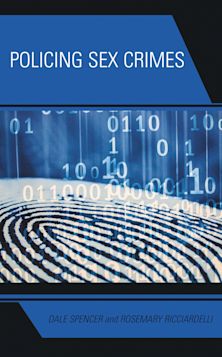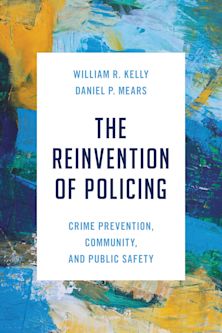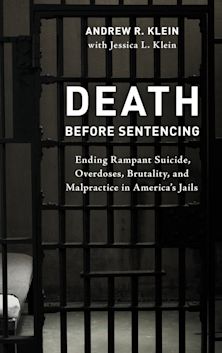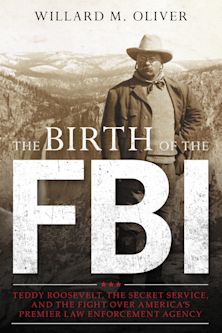Second Chance Hiring
An Economic and Ethical Necessity
Second Chance Hiring
An Economic and Ethical Necessity
This product is usually dispatched within 2-4 weeks
- Delivery and returns info
-
Flat rate of $10.00 for shipping anywhere in Australia
Description
The USA prison system holds over a million people each year, but they are routinely barred from securing jobs upon their release. Addressing both policy and socio-cultural realities, Second Chance Hiring makes the economic and ethical case for hiring formerly incarcerated individuals-affording them the chance for re-entry into the workforce and thus society. Uniquely, this book directly addresses employer concerns about potential recidivism and mental health issues of formerly incarcerated individuals, while continuing to uphold their humanity and the value of rehabilitation. It examines successful re-entry programs from around the world that have proven to be consistently safe and effective, and it provides employers suggestions for where to start when considering hiring former offenders.
Table of Contents
Introduction
Chapter 1: The Economic Case for Second Chance Hiring
Chapter 2: The Ethical Case for Second Chance Hiring
Chapter 3: Avoiding Cultural Trapdoors
Chapter 4: Fear of Crime and Second Chance Hiring
Chapter 5: Why Reentry Succeeds and Fails
Chapter 6: The Redemption Project
Chapter 7: What We Can Learn from International Reentry
Chapter 8: What Employers Need to Know and Do
Chapter 9: Strengthening Criminal Justice
Chapter 10: A Place at the Table
Notes
Bibliography
Index
About the Author
Product details

| Published | 11 Dec 2025 |
|---|---|
| Format | Hardback |
| Edition | 1st |
| Extent | 216 |
| ISBN | 9798881801175 |
| Imprint | Bloomsbury Academic |
| Dimensions | 229 x 152 mm |
| Publisher | Bloomsbury Publishing |
Reviews

ONLINE RESOURCES
Bloomsbury Collections
This book is available on Bloomsbury Collections where your library has access.









